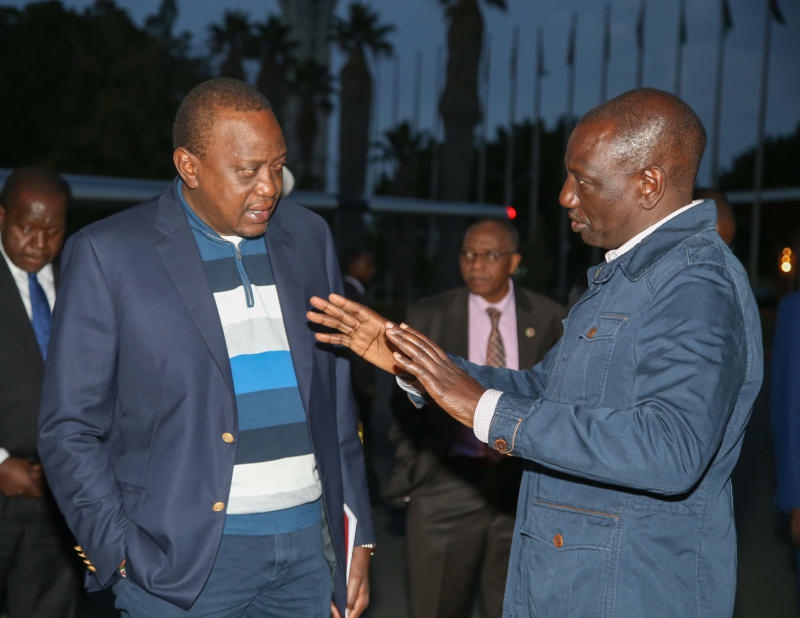
When President Uhuru Kenyatta launched the Education Sector Policy for Learners and Trainees with Disabilities two weeks ago, he must have thought about how inclusion would help drive his Big Four Agenda. This is because children with disabilities remain one of the main groups being widely excluded from quality education. Disability is recognised as one of the least visible yet most potent factors in educational marginalisation.
But, education also increases children’s potential productivity and wealth creation which will in turn help to alleviate poverty in any society. One of the important exit routes from poverty is formal education, especially where it improves the quality of labour, but due to discrimination and stigmatisation, the chances to access education and employment are very restricted for people with disabilities. Thus, the disabled poor are likely to remain poor, as are their children.